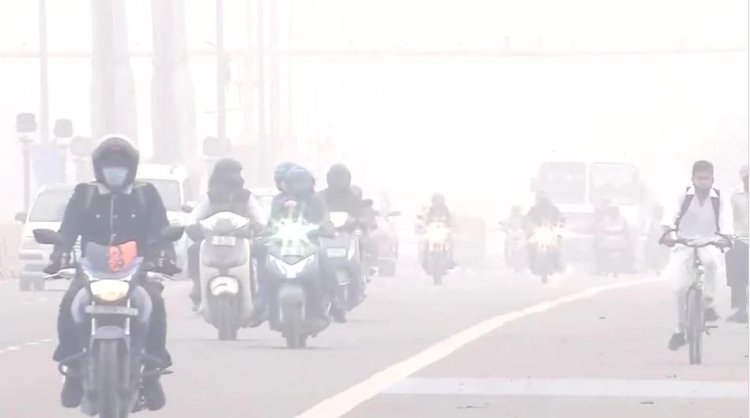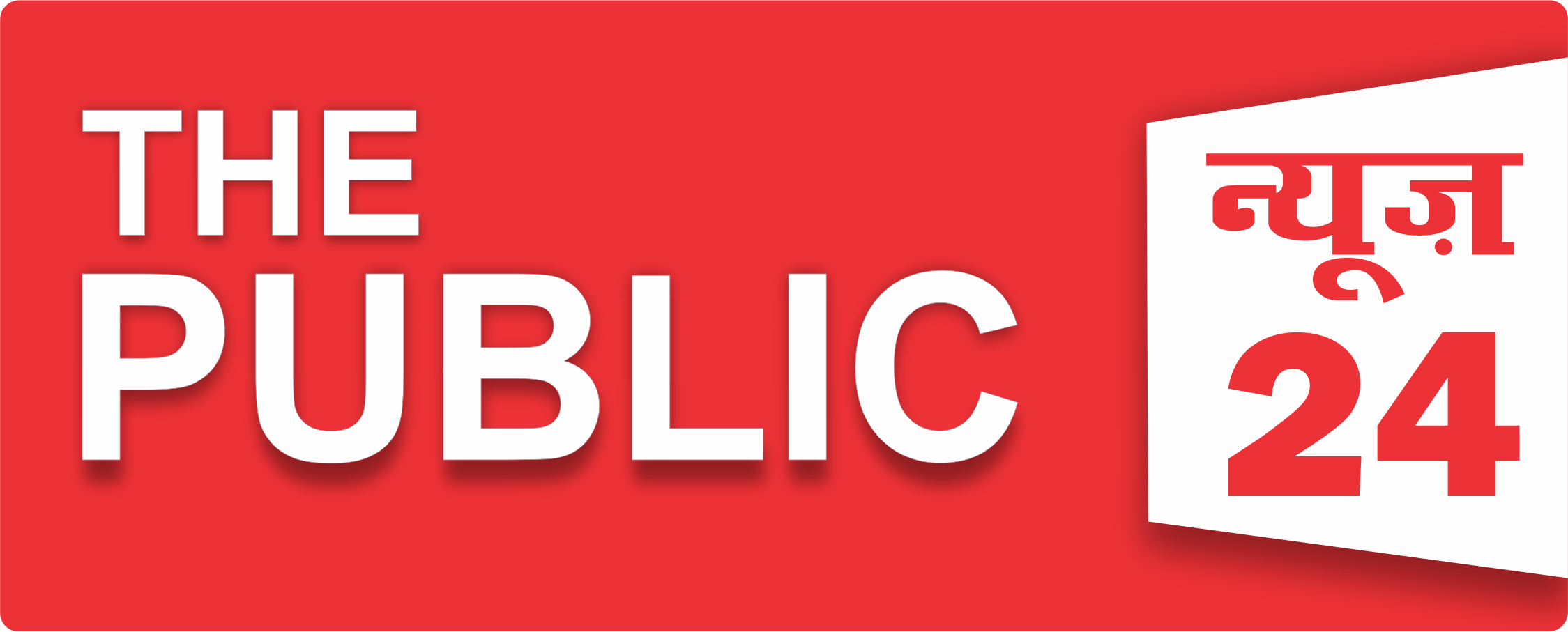Delhi Pollution: Air suffocated in Delhi, experts said - this health emergency, if not serious, then there is a big danger
Delhi Smog, Pollution: There has been some reduction in pollution in Delhi-NCR, but the situation still remains 'very bad'. The Center for Science and Environment (CSE) has said that smog has affected Delhi and the National Capital Region (NCR) and the situation is likely to remain the same for the next two days. The weather in Delhi is very dense.

Delhi Smog: For the past several days, 'poison' has been dissolved in the air of Delhi, due to which people are facing many problems. Although the Air Quality Index (AQI) is improving steadily, it still remains in the 'very poor category. Meanwhile, the green think-tank Center for Science and Environment (CSE) has said that smog has affected Delhi and the National Capital Region (NCR) and the situation is likely to remain the same for the next two days. The weather in Delhi is very dense. The daily stubble contribution from mid-October to November 8 has been the lowest in the last four years. Regarding this situation in Delhi, the expert called it an emergency and told the need to take immediate action.
According to news agency PTI, program manager of CSE's Urban Lab, Avikal Somvanshi said, "The very high level of PM 2.5 has attracted attention, while the level of both the gases CO and NO2 remains high. Also, the ratio of SO2 to NO2 also increased on Diwali night, which shows the increasing pollution caused by firecrackers. The concentration of PM2.5 on Diwali night (8 pm to 8
am) has been highest since the year 2017.
The expert said - this is a public emergency, action is needed
At the same time, Expert Roy Choudhary said that the smog in the air of Delhi is a public emergency. For this, there is a need to take immediate emergency action on dust sources like cars, industries, waste burning, and dust sources like construction and roads, so that pollution can be stopped from spreading further. Also, we also need to work on pollution-source vice and hotspot vice status.
The CSE further said that the contribution of smoke to Delhi's daily PM 2.5 from mid-October to November 8 on average has been the lowest in the last four years. So far, it has been recorded on an average of 12 percent per day, compared to 17 percent per day in 2020, 14 percent per day in 2019, and 16 percent per day in 2018. "If converted into solute concentrators, the per day
contribution of smoke so far this year was 26 micrograms per cubic meter as compared to 35 micrograms per cubic meter in 2020, 40 micrograms per cubic meter in 2019 and 2018," he said. 31 micrograms per cubic meter." However, the highest contribution of smoke to Delhi's PM level was recorded on November 7, when it reached 48 percent.

































